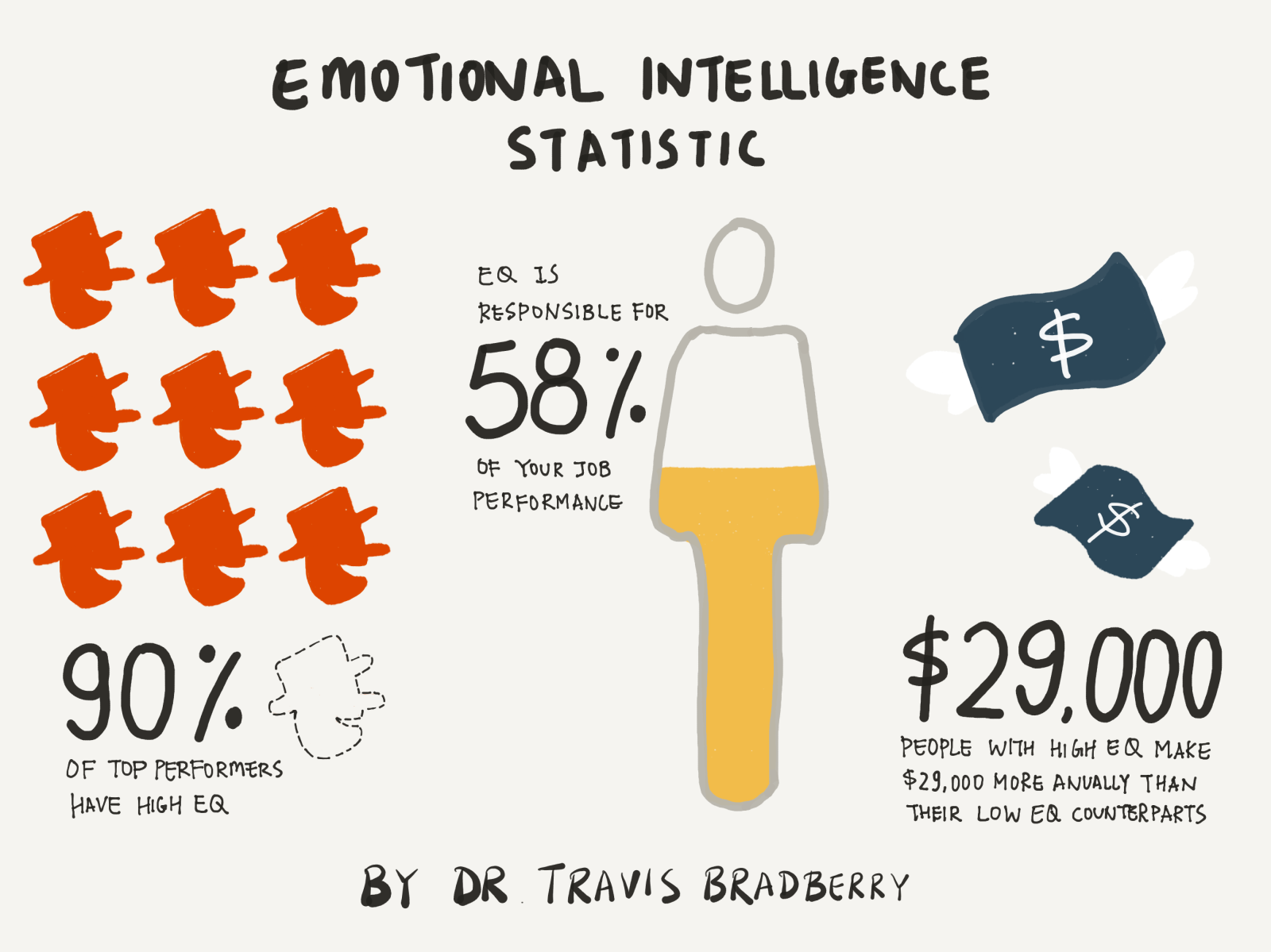CRITICSM OF EMTIONAL INTELLIGENCE MEASURES OF ASSESSMENT
One of the primary criticisms of the theoretical foundation of EQ is the assumption made within certain models of EQ that Emotional Intelligence is a form of true intelligence. Intelligence has been defined in a variety of ways within different fields and typically includes concepts such as logic, understanding, abstract thought, and self-awareness ability to learn problem-solving communication.
Within the field of psychology, there are different approaches to human intelligence, the most famous of which is psychometrics.Psychometrics is the measure of certain cognitive abilities and includes IQ, as well as some scholastic measurements. Some psychologists also recognize a general intelligence factor. While most IQ tests will measure certain cognitive functions, such as pattern recognition and natural language skills, Emotional Intelligence typically measures other cognitive processes, such as memory, rapid decision-making and ability to retrieve general knowledge.

Both pf these concept relate closely with the idea of eq and some psychologists argue that eq quotients are merely aspects of general intelligence. Defining intelligence is controversial and certainly leads to some of the challenges with getting EQ recognized as a form of legitimate intelligence.
<<< See more >>> What is social intelligence (EQ) and why does it matter? (PART 3)
Some criticize Emotional Intelligence as a form of true intelligence, give that it remains essentially impossible for psychologist to define what incorporates intelligence itself. This hotly contested issue is often considered one of semantics that may play an important role in developing the psychological theories of eq, but may not be particularly relevant to many of people who utilize concepts of EQ in a practical arena.

Why does it matter? As just mentioned, it may not matter at all to people who are attempting to utilize the concepts of EQ to better themselves or others. Within the field of psychology, it does matter, primarily because prior to the development of Emotional Intelligence theories, the general psychological world had defined and established theoretical distinctions between certain abilities, skills, habits, attitudes, personality traits and emotional states.
As EI theories have been developed, it has resulted in some dissent within the field, as it combines many of these qualities into this concept EI, removing them form being distinctly different constructs.

Another of the more popular criticisms of emotional Intelligence is whether or not it has the ability to generate nay accurate predictions regarding an individual’s success, although most models claim they do have varying predictive value.
Some of the research that seems to support some predictive value within emotional intelligence may make accurate predictions, according to these critics, but they may be predicting things not based on a genuine idea of EQ, so much as on personality assessment, rather the being a genuinely unique to the EQ concept.
<<< Click here >>> What is social intelligence (EQ) and why does it matter? (PART 2)
Maybe you are interested
What does an iq of 200 mean?
What does an iq of 194 mean?
what does an iq of 190 mean?
What does an iq of 116 mean?
What does an IQ of 112 mean?
what does an IQ of 108 mean



